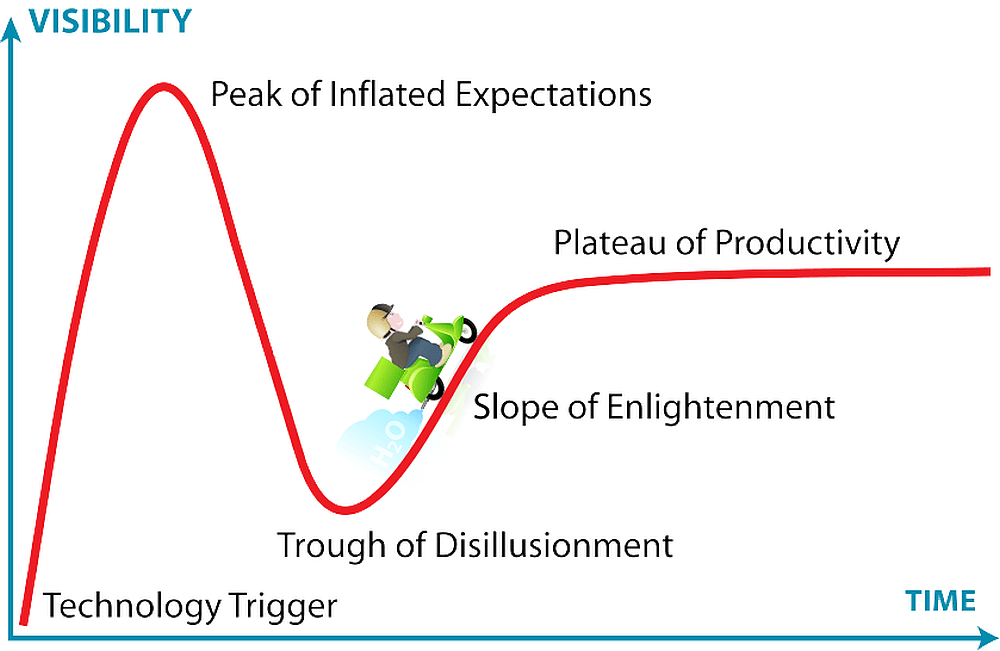I don’t envy Japanese policy makers. The long-term economic and societal affects that continue to echo from the Fukushima Dai-ichi disaster are proving, understandably, to be difficult to grasp, and making it even more difficult to chart a way forward. These are tough policy and political decisions regarding how now to fill the immediate power generation void left by the reactor shutdowns, retain domestic manufacturers and reach CO2 emission goals.
Each thread of discussion seems to lead back to the central issue of whether to scrap or retain the basic plan of having reactors be, at least for several decades, a keystone in the bridge Japan will use to get to fuller reliance on nonnuclear renewables.
The awkward comments made during the last two weeks are particularly revealing:
- Recently, Satsuki Eda, Japan’s environment minister and a member of the ruling Democratic Party said that CO2 emissions will jump 16% percent compared to 1990 if all of the country’s nuclear power plants are shut down and replaced by fossil fuel-burning power generation. (Japan’s Kyoto Protocol pledge is to cut emissions by 25 percent compared to 1990 by 2020.)
- A few days later, Prime Minister Naoto Kan spoke of trying to “achieve a society that can fully support itself without nuclear power,” without giving details or mentioning the environmental implications.
- Only one day later, chief cabinet secretary and DPJ member Yukio Edano offered an explanation that Kan’s pledge was only “a hope for the distant future.”
- Last Friday, the science and technology minister, Yoshiaki Takaki, suggested that the Cabinet may halt the development of the problem-plagued Monju prototype fast-breeder reactor.
- Takaki’s comments were news to Governor Issei Nishikawa of Fukui Prefecture, where Monju and 14 other reactors are and he told reporters he was assured by the minister that the government would listen “to what the local people have to say.” Fukui Prefecture has 14 nuclear reactors.
Against this backdrop, many Japanese companies are apparently getting impatient and threatening to move parts of their operations elsewhere. Power outages and shortages are one factor (among several) mentioned. From Market News International:
Nearly 40% of Japan’s major firms believe that they may be forced to shift some operations overseas within the next three years if the current domestic environment does not improve, a Nikkei Inc. survey of top executives showed. The strong yen, stalled government policy initiatives, and the threat of prolonged power supply shortages are among the key challenges facing Japanese companies at home.
Fifty-five companies, or 39.3%, said they may have to shift some functions overseas under the status quo, the Nikkei said. Asked to list functions they might consider moving abroad, 20% cited “noncore production bases,” followed by “some R&D bases” at 17.1%. “Some headquarters functions” and “core production bases” were each at the 10% level.
I tend to agree with the point made by a Nikkei columnist, who argues that because it is not plugged into (physically and economically) a larger community of nations such as the European Union, Japan simply cannot follow the examples of Germany or Italy, which have declared their intentions to eliminate domestic nuclear-based power sources.
CTT Categories
- Energy
- Market Insights
Related Posts
Hype cycles: The uphill climb for hydrogen bikes
June 26, 2025


